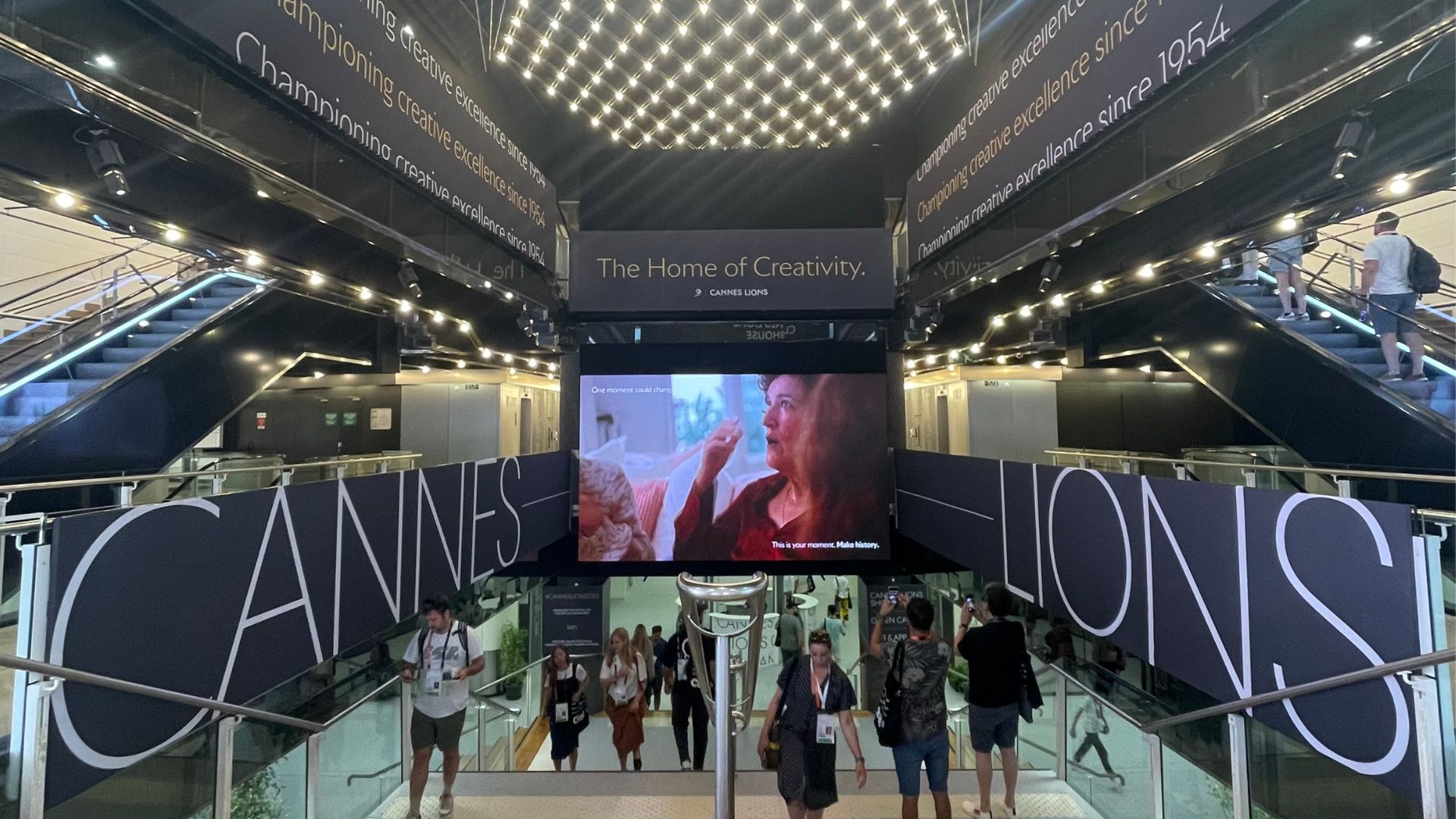Albert Einstein allegedly said, “You cannot solve a problem with the same mind that created it.” (click to tweet) I say “allegedly” because he didn’t say it to me; I just found the quote on a website about creativity.
But it sounds like something he would say, and it makes sense: sometimes the most creative solutions to intractable problems come from simply looking at it from a new angle or different point of view. We just need to turn it around or upside down to see where the clues are.
 This is not always as easy as it sounds. Creating a supple mind – one capable of widening or narrowing fields of vision, or reversing points of view, or simply being open to a new interpretation of what’s being presented, goes against our biology, which puts a premium on habit. We are hard-wired to think efficiently, not innovatively, and getting out of mental rut can be difficult, especially under a deadline.
This is not always as easy as it sounds. Creating a supple mind – one capable of widening or narrowing fields of vision, or reversing points of view, or simply being open to a new interpretation of what’s being presented, goes against our biology, which puts a premium on habit. We are hard-wired to think efficiently, not innovatively, and getting out of mental rut can be difficult, especially under a deadline.
So how do we create a nimble, flexible mind? How do we condition our mental processes to move quickly from one perspective to another until we land on the ‘aha’ vantage point?
I’m experimenting with five strategies in 2014:
1. Read more fiction – Studies show that fiction-readers are less likely to make snap judgements and are more comfortable with disorder and ambiguity than non-readers. We put our minds into those of the characters, suspending our judgment and normal processes / habits, in ways that can linger long after the book has been put down. So I’ll try to add some novels into the mix this year. (Click to tweet)
2. Walk to work – Movement has also been associated with creative thinking. Dickens and Hugo both composed while walking and Goethe apparently wrote on horseback. I’m sure there is a neurological underpinning for this – using multiple parts of the brain simultaneously – but I’ve been walking to work (when I can) for years and I have no doubt that padding along the roads of central London has on many occasions opened my mind to new ideas and fresh thinking. (Click to tweet)
3. Visit museums – One of privileges of my job is the opportunity to travel to the world’s great cities. All too often, though, I’m in and out and back on a plane home after spending a day in a conference room that could have been anywhere. This year I’m going to try to tack on a few extra hours to visit a local museum – an idea suggested by one of the most creative people I know (Ketchum London’s planning director Ruth Yearley) before a recent meeting in Amsterdam. What an eye-opener. Just an hour perusing the galleries put me into an entirely new frame of mind.
4. Work from coffee shops – After reading articles about the benefits of working from a coffee shop – the fresh perspective of a new environment, reduced distractions from colleagues, chance encounters with new people – I gave it a shot. Eureka! I don’t expect to spend all of my time in Shoreditch coffee shops, but I will definitely seek creative refuge in one the next time writers’ block sets in.
5. Listen – I’ve vowed to try to listen better generally in 2014, for reasons beyond boosting creativity, but it’s clear that a good way to understand a problem or opportunity is to listen to those who have a point of view about it. Gaining the perspective of others before forming my own offers a lot more angles to examine the issue – and significantly increases the chances of finding a winning insight over relying on my habitual thinking.
So maybe I’m being opportunistic. I like reading novels and always enjoy a museum, so perhaps I’m just inventing professional justifications for personal indulgences. Be that as it may, I’m sure there will be no shortage of problems to solve in 2014, and I’ll take any advantage I can get. If you’ve got other ideas for expanding perspective-shifting capacity, let me know.


